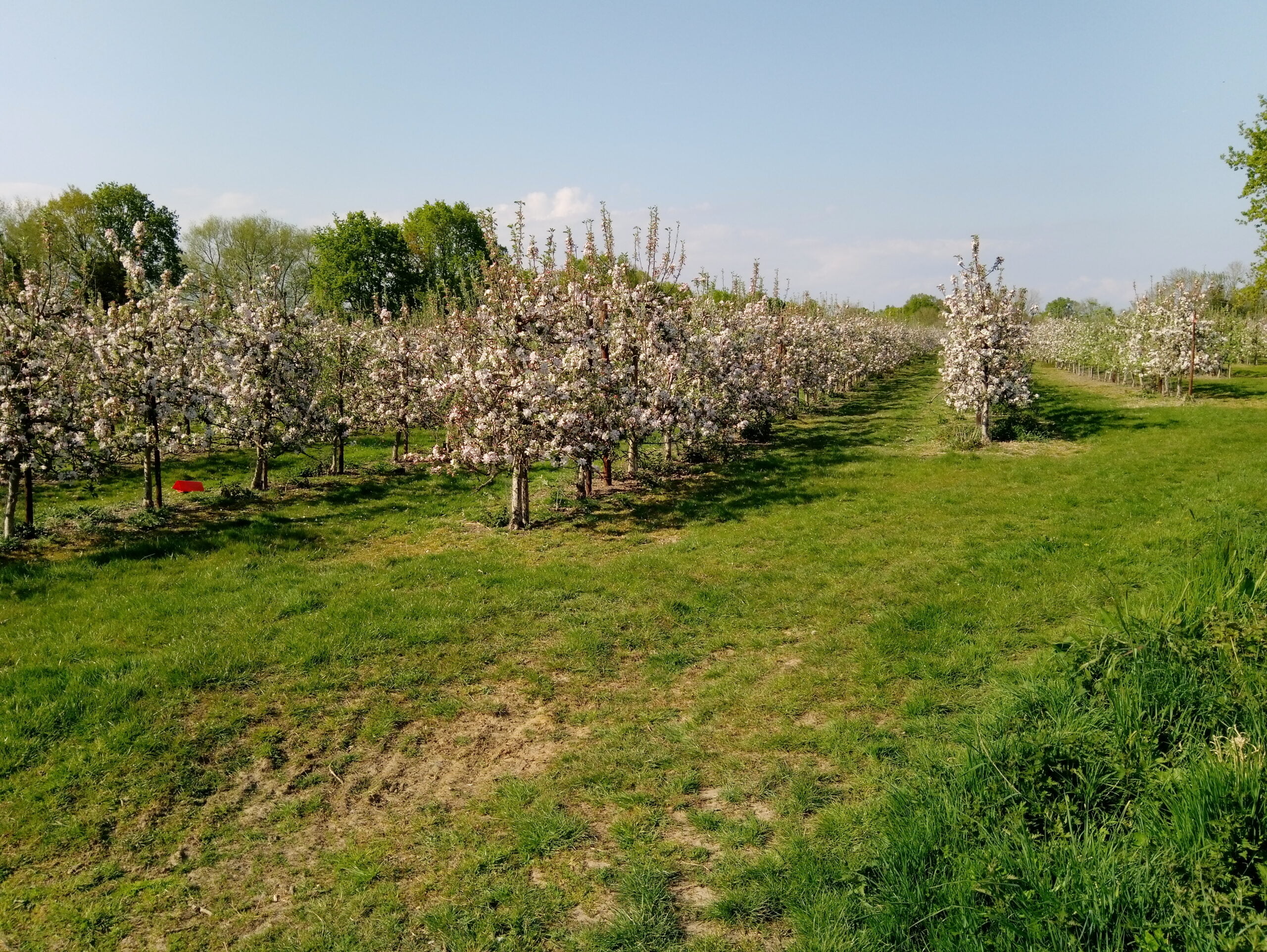Manufacturing is a highly innovative UK industry sector in the UK with numerous companies are engaged in activities which meet the criteria for research and development (R&D) tax credits.
However businesses often fail to take advantage of research and development tax relief because they assume that their work is not eligible. While certain forms of commercial product development may not qualify, the manufacturing sector is constantly involved in a wide range of activities and initiatives aimed at advancing knowledge.
Taking the food and drink production sector as an example innovation is necessary as a result of consumer demand, economic pressure (for example cost of living), supply chain or regulatory compliance. Food and drink businesses respond by developing new products to fulfil their preserved market need for example
-
- Improving nutritional benefits
- Reduction in salt, sugar, additives
- Free-from gluten or particular allergens
- Tailored to dietary need (high in protein or fortified in vitamins)
-
- Alcohol free alternatives
- Improving nutritional benefits
-
- Extending shelf life
-
- Addressing sustainability or environmental concerns –
- For example eliminating palm oil to protect the Rain Forest
-
- Vegan or organic ranges
- Addressing sustainability or environmental concerns –
-
- Reducing unrecyclable or unnecessary packaging
All product development requires investment and carries a high level of risk. The Research and Development tax credit scheme is a valuable means to help subsidise the cost of such innovation.
To quality a project needs to seek to achieve an advance in science or technology and for these activities to address scientific or technological uncertainty.
When it comes to food and drink products, creating new recipes or formulations is highly likely to fall under Research and Development. The process of innovating and developing these products often involves scientific principles.
Formulating and combining ingredients can introduce uncertainties in their reactions. Even a small change in one ingredient can alter the properties of the mixture and their behaviour in subsequent production stages.
There are also uncertainties in the manufacturing process, such as scaling production, implementing machinery, and establishing processes to ensure a consistent end product.
While meeting consumer expectations for taste, appearance, and unique selling points is crucial, products also need to fulfil various requirements related to shelf life, transportation, compliance with regulations, and affordability.
Utilizing new materials, developing innovative solutions to safety challenges, and integrating new technology can all meet the eligibility criteria. It is crucial for manufacturing companies to monitor their projects and research and development expenses meticulously, as they are required to provide detailed records of the qualifying activities. Seeking professional guidance is essential for a successful tax credit application.





